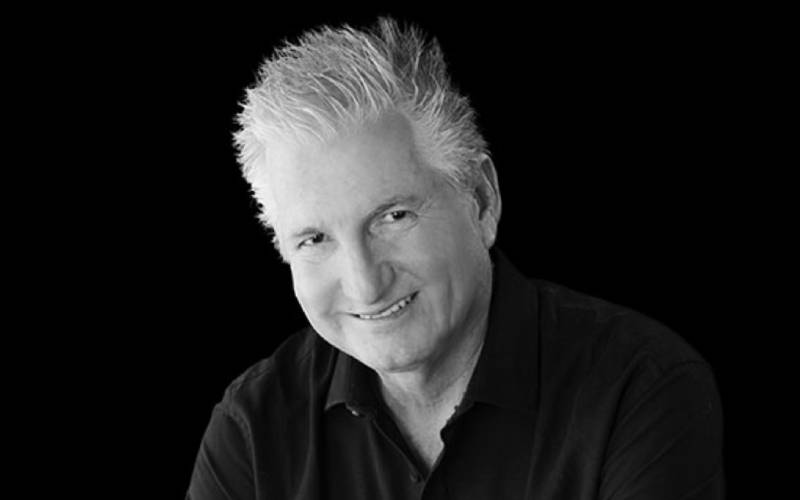“As I elaborate in the book, there was no physical contact or romantic engagement. The reason why I chose the ‘lover’ as the [psychoanalytic] analogy is, in the real world outside of psychoanalytic practice, where else do you have an interpersonal encounter that is so intensely engaging, attentive, respectful, and caring? That would be in the first six weeks or six months of a romantic relationship. If we eliminate the romantic/sexual part and just stay with ‘wow, this other party is paying such attention to me’ – reminds me of Lacan’s idea that what we really seek in the other is their desire for us, which by the way, I don’t completely agree with because I think it goes both ways – I would say that that is the analogy from the world of lovers that I would map onto psychoanalytic work at least on the part of the psychoanalyst – he or she ideally pays that kind of intense attention, care, respect and attunement, that you would find between lovers.”

Alan Karbelnig, PhD
Pasadena, California
Episode Description:
We begin with discussing the various ways that we can shape our psychoanalytic frame to enable a deepening of the clinical encounter. This is in contrast to frames that have gone awry. In his book Lover – Exorcist – Critic Alan describes a composite patient where he became over-involved to the detriment of the work that was eventually repaired. We reference a problematic frame in his earlier training analysis that perhaps set the stage for this difficulty. He shares with us his concept that “by enlightening subjectivity, by raising consciousness, depth psychotherapy liberates.” We discuss in some detail the forces in him, his patient, and their relationship that led him to greater enactments than were useful. He shares with us the challenges he faced in remedying his emotional imbalance with her and the intense rage it awakened in her, deriving from various periods in her life. We both emphasized the vital role of the consultant at such times. We close with Alan describing his co-founding and leadership in the Rose City Center – a low fee clinic providing dynamic psychotherapy to individuals who would never otherwise see the inside of an analyst’s office.
Our Guest:
Alan Michael Karbelnig, PhD is a psychoanalyst, writer, teacher, and forensic psychologist and practices in Pasadena, California. He is a supervising and training psychoanalyst at the New Center for Psychoanalysis in Los Angeles. He lectures nationally and internationally, including in China, India, Thailand, and Israel. He writes a weekly Substack newsletter titled Journeys to the Unconscious Mind. Alan has published 20 scholarly articles and five book chapters in addition to his book Lover, Exorcist, and Critic. He considers his 2004 founding of Rose City Center—a nonprofit clinic providing psychoanalytic psychotherapy for economically disadvantaged persons throughout California—his proudest professional accomplishment.
Recommended Readings:
Bellow, H. (1962). Herzog. New York: Viking.
Bromberg, P. (1996). The multiplicity of self and the psychoanalytic relationship. Standing in the spaces: Essays on clinical process, trauma & dissociation. London: The Analytic Press.
Greenberg, J. and Mitchell, S. (1983) Object relations in psychoanalytic theory. Harvard University Press. Cambridge, MA.
Karbelnig, A. M. (2022). Chasing Infinity: Why clinical psychoanalysis’ future lies in pluralism. International Journal of Psychoanalysis, 103(1):5-25.
McEwan, I. (2019). Machines Like Me. New York: Anchor.
Strenger, C. (1989). The classic and romantic visions in psychoanalysis. International Journal of Psychoanalysis. 70:593-610

It seems that the nickels scene was one of a victim; and, the $400 was one of a perpetrator, to use Kernberg’s language of a “role reversal.”
I have found several of the episodes here wonderful. This one in particular was really intriguing and thought provoking. I appreciate the implication of a posisble link between the event regarding the New Yorker magazine to the case presented.